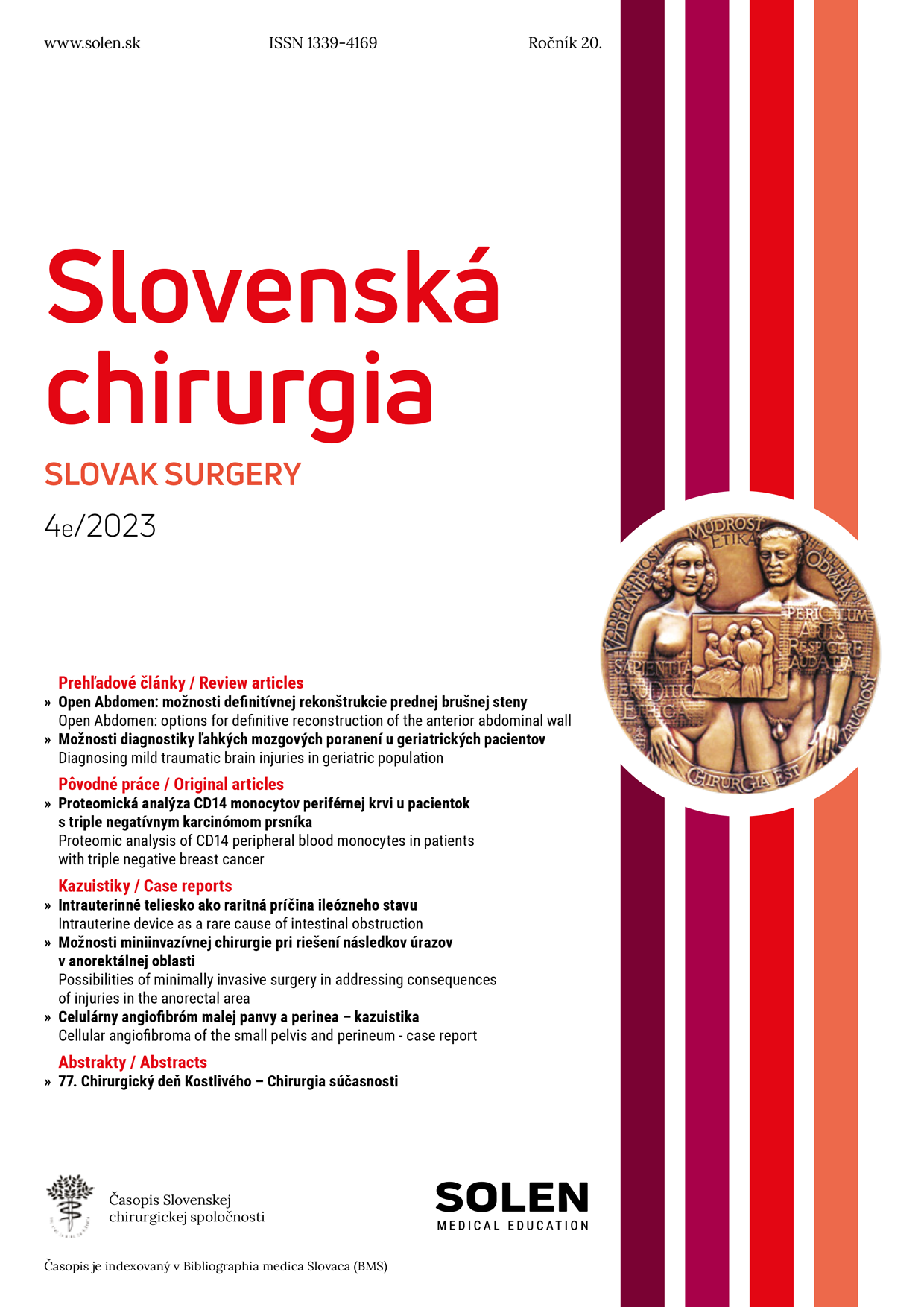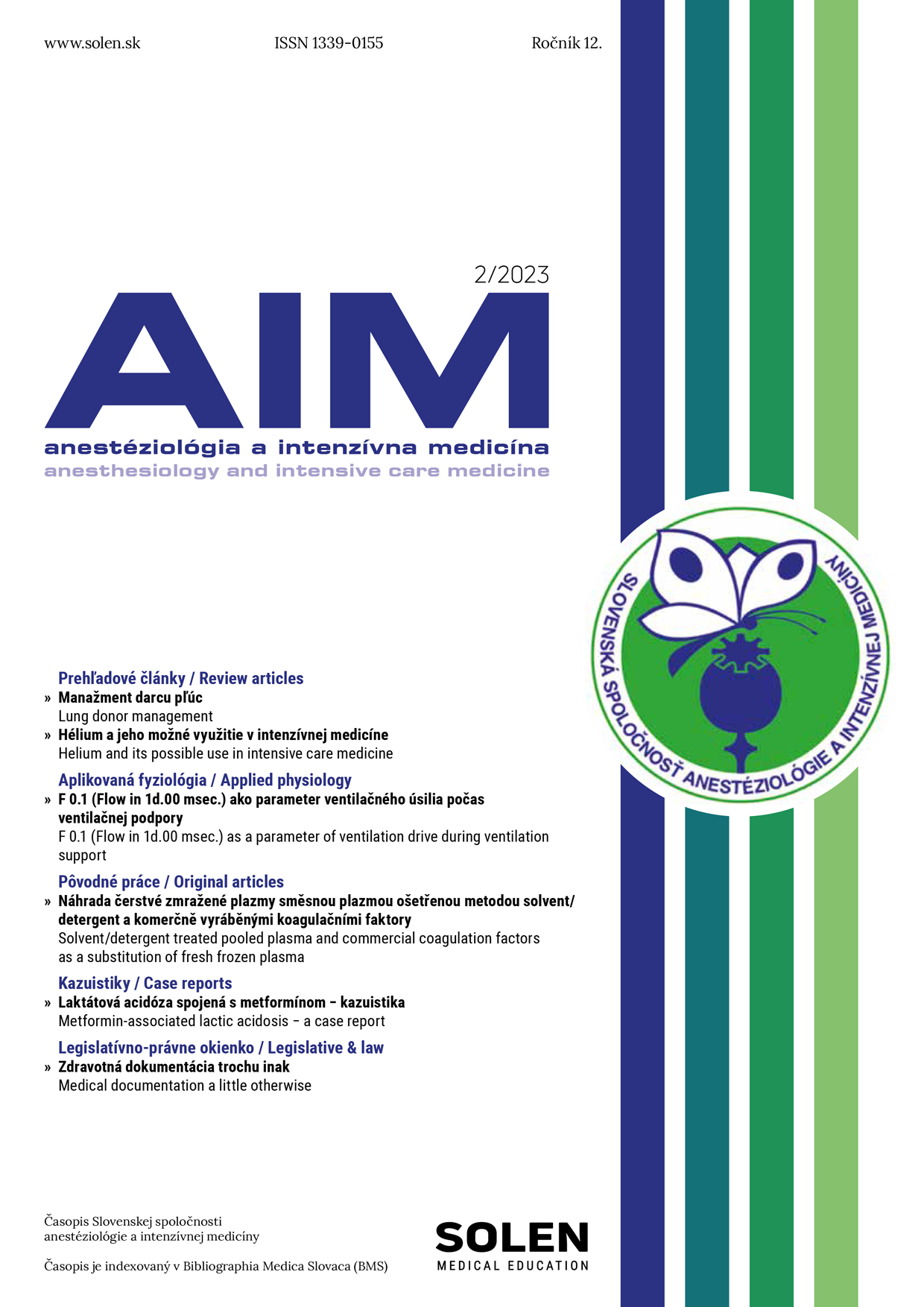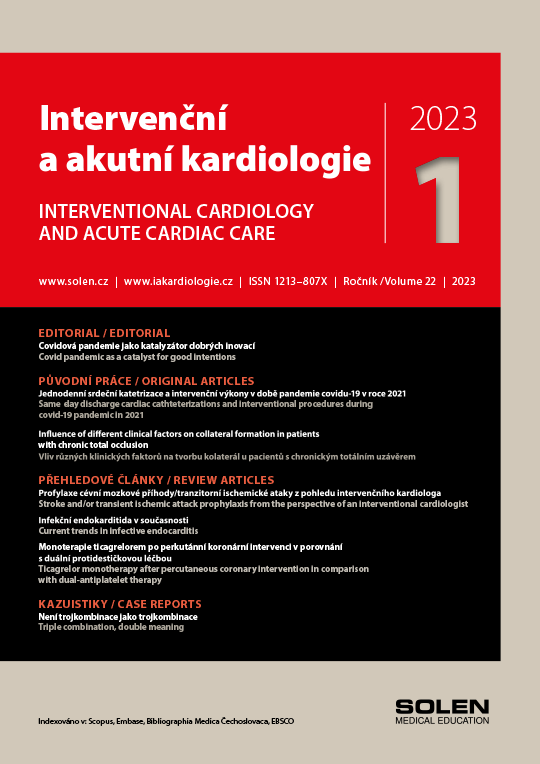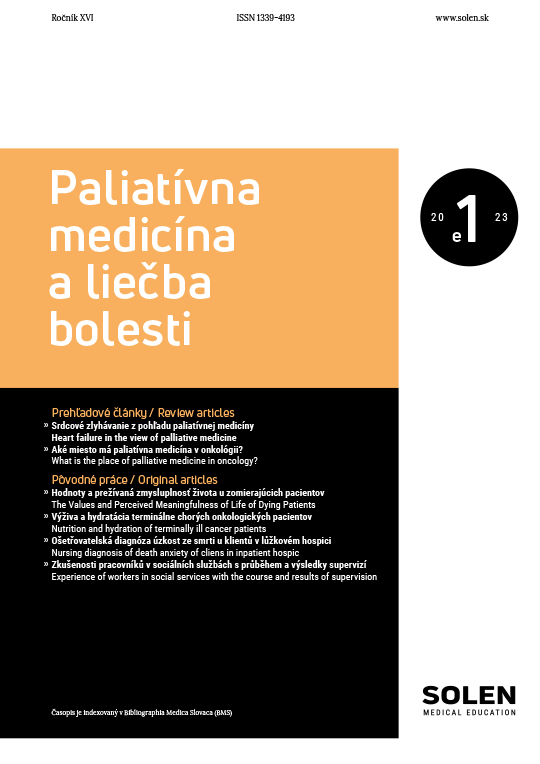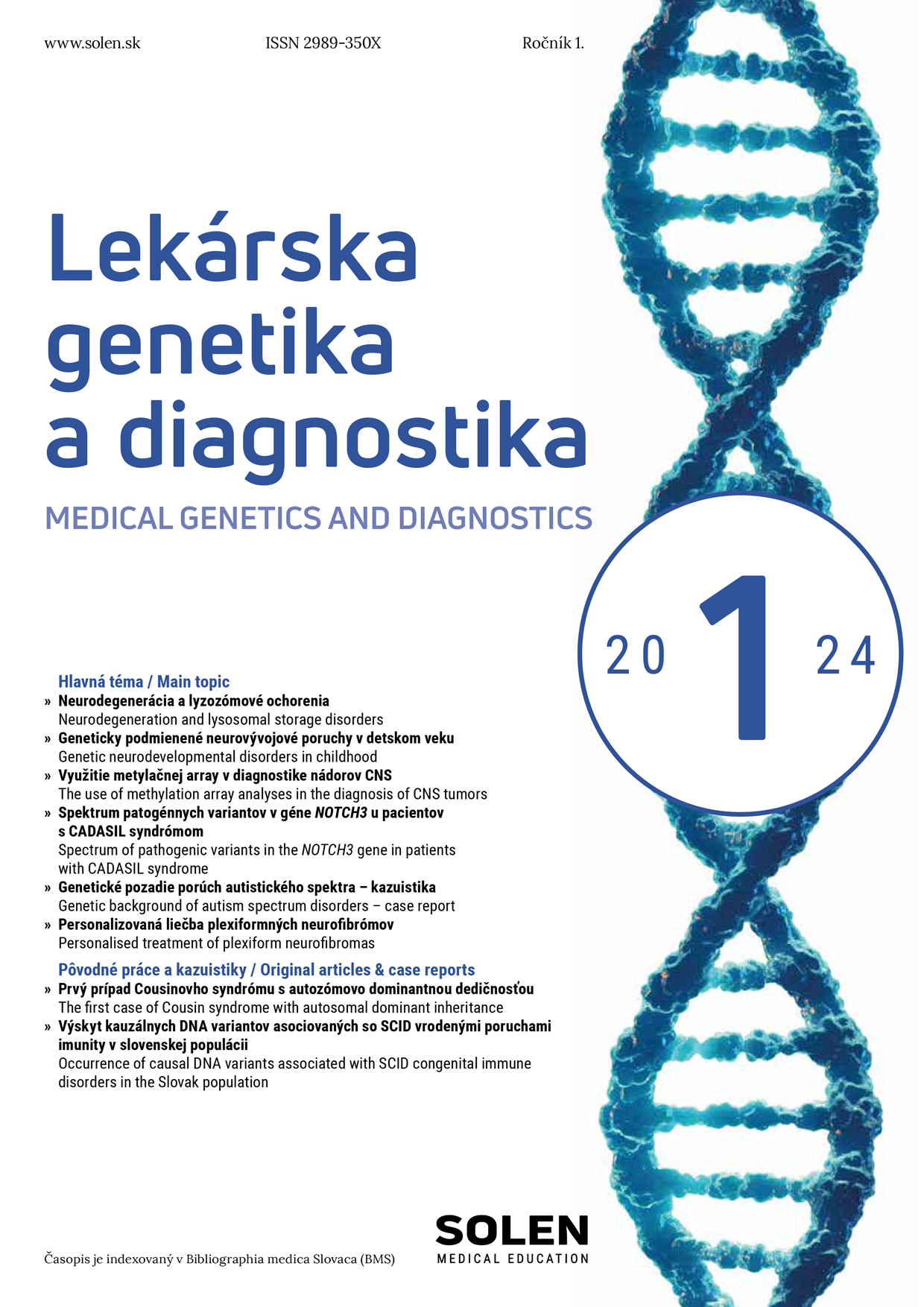Neurológia pre prax 1/2016
Teriflunomid v léčbě relabující-remitující formy roztroušené sklerózy – imunomodulační mechanizmy
doc. MUDr. Vojtěch Thon, Ph.D.
Roztroušená skleróza (RS) je chronické autoimunitní onemocnění centrálního nervového systému s demyelinizací a neurodegenerací. Autoreaktivní lymfocyty prostupují hematoencefalickou bariérou a napadají nervový systém. Teriflunomid byl v roce 2013 v Evropské unii schválen k léčbě relabující-remitující formy RS. Léčebný efekt je dán především inhibicí de novo syntézy pyrimidinu v dělících se buňkách, což vede k redukci proliferace aktivovaných T- a B-lymfocytů, avšak ne k jejich usmrcení. Očkování pacientů s RS inaktivovanými vakcínami v průběhu léčby teriflunomidem je možné a vede k dostatečné imunitní odpovědi.
Kľúčové slová: roztroušená skleróza, teriflunomid, imunomodulace, autoimunita, PML, vakcinace
Teriflunomide in treating relapsing-remitting multiple sclerosis – immunomodulatory mechanisms
Multiple sclerosis (MS) is a chronic autoimmune disorder affecting the central nervous system through demyelination and neurodegeneration. Autoreactive lymphocytes penetrate the blood-brain barrier to attack the nervous system. Teriflunomide has recently been approved as a treatment of relapsing forms of MS. The main therapeutic effect is considered to be mediated via the inhibition of the de novo synthesis of pyrimidine leading to a reduction in proliferation of activated T and B cells without causing cell death. Vaccination with inactivated vaccines is possible during treatment with teriflunomide and leads to sufficient immune response.
Keywords: multiple sclerosis, teriflunomide, immunomodulation, autoimmunity, PML, vaccination


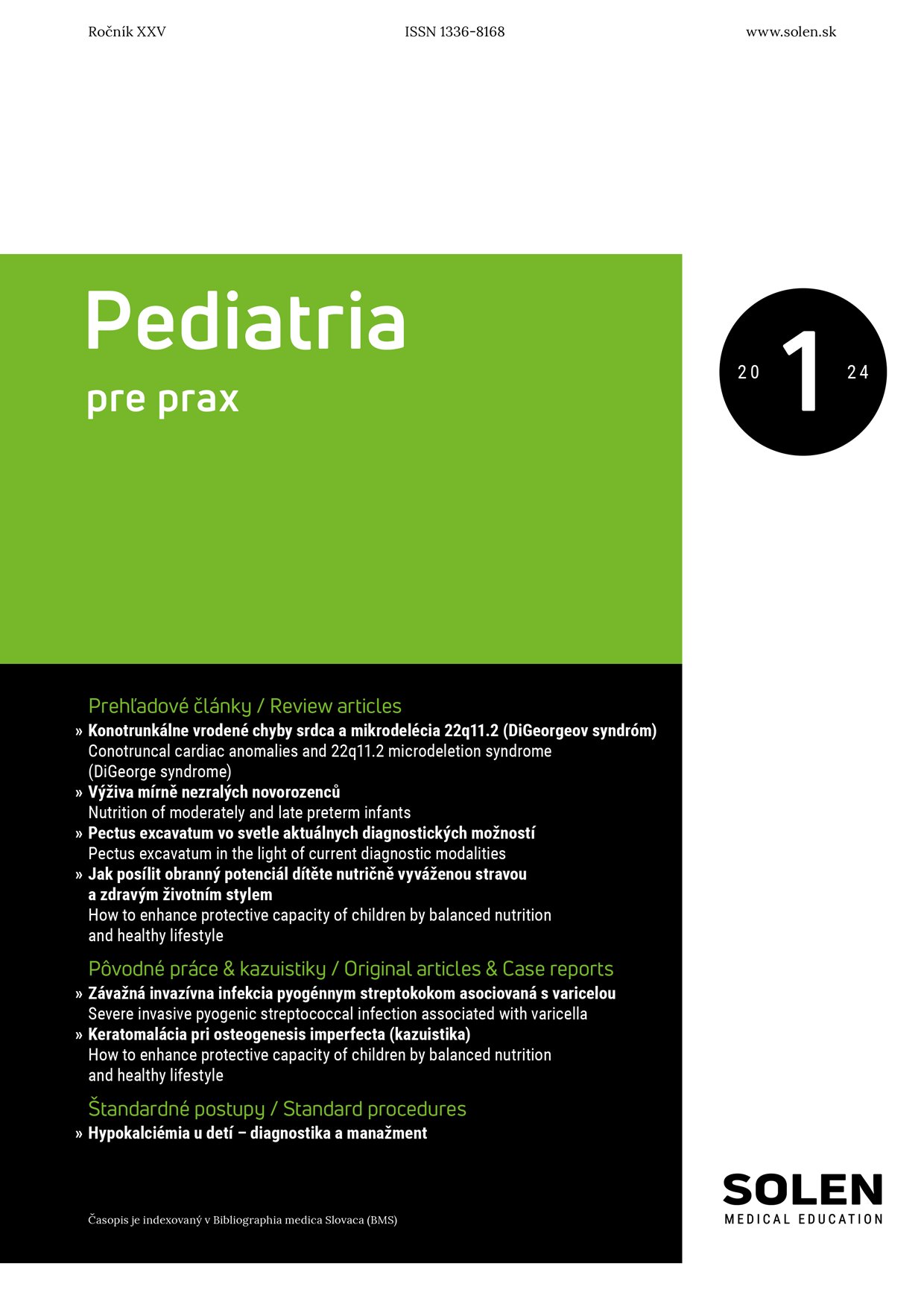
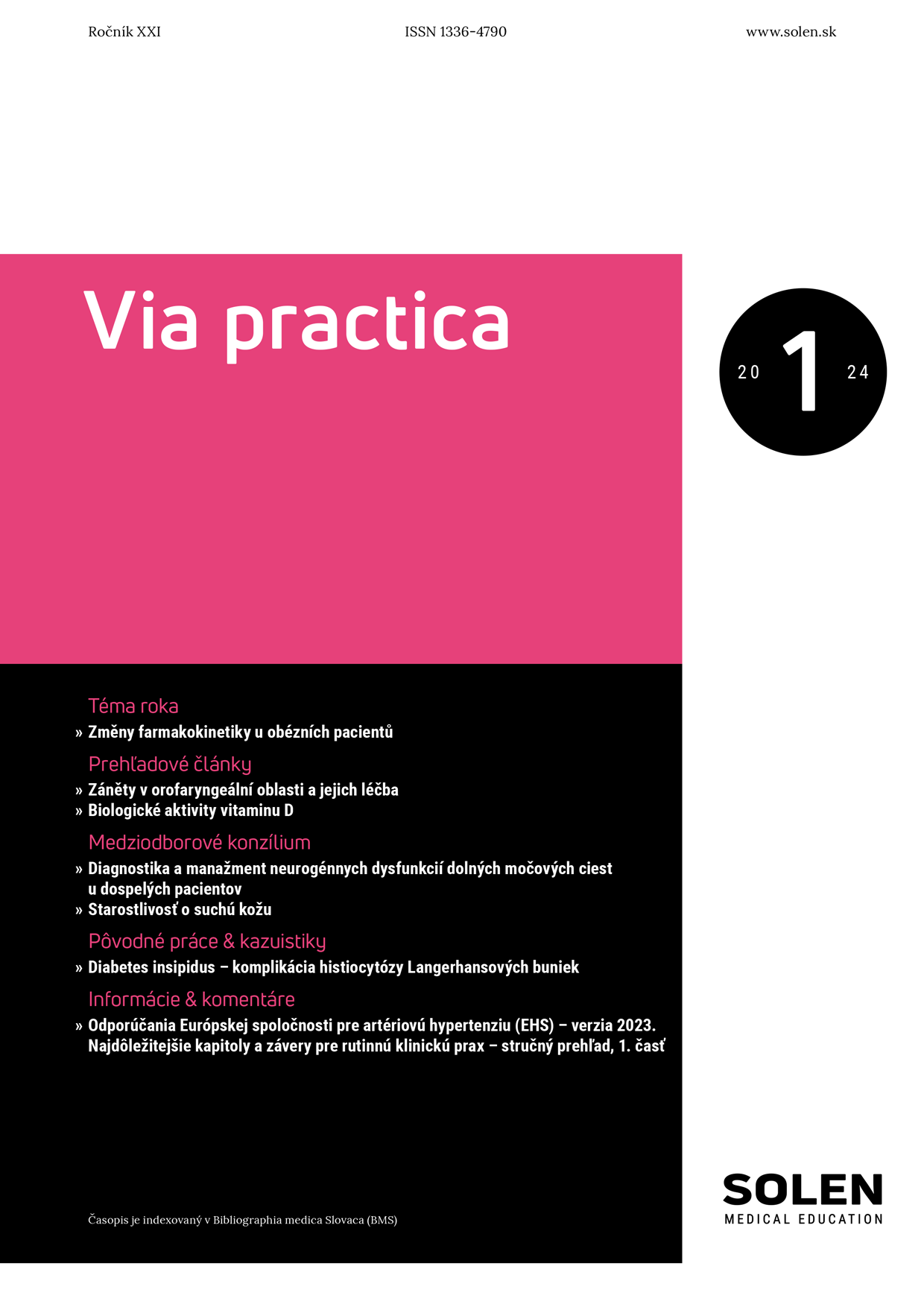
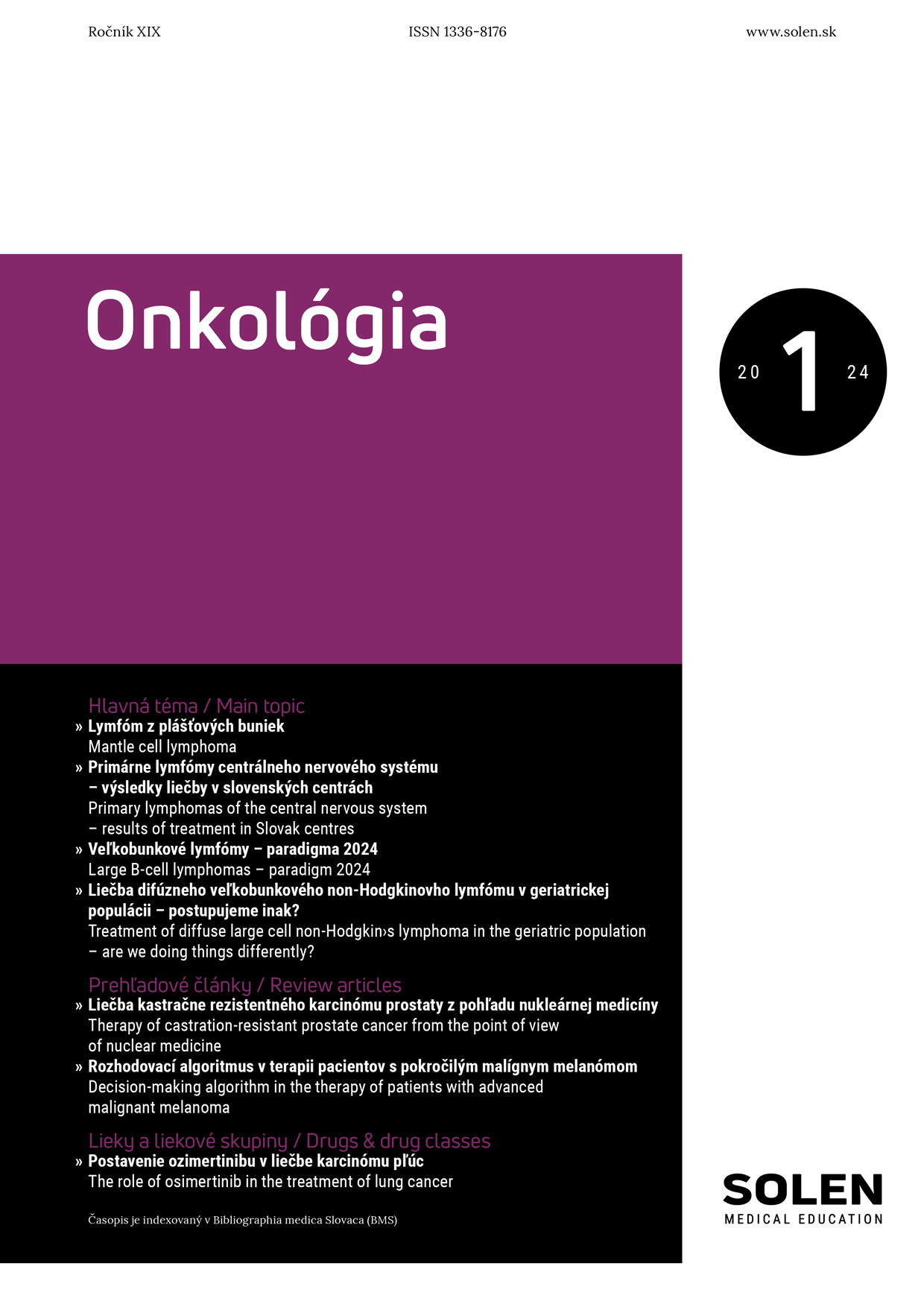
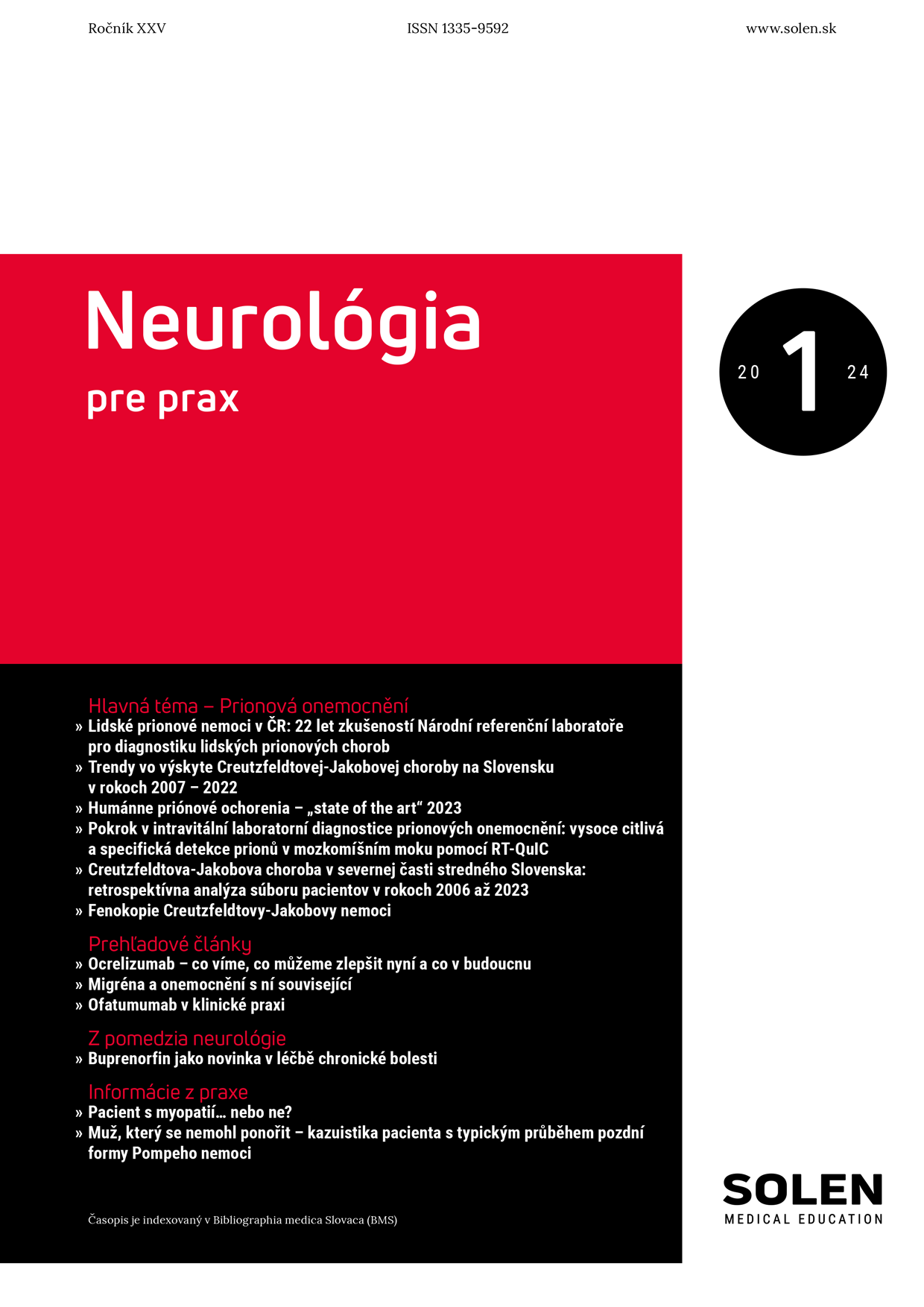
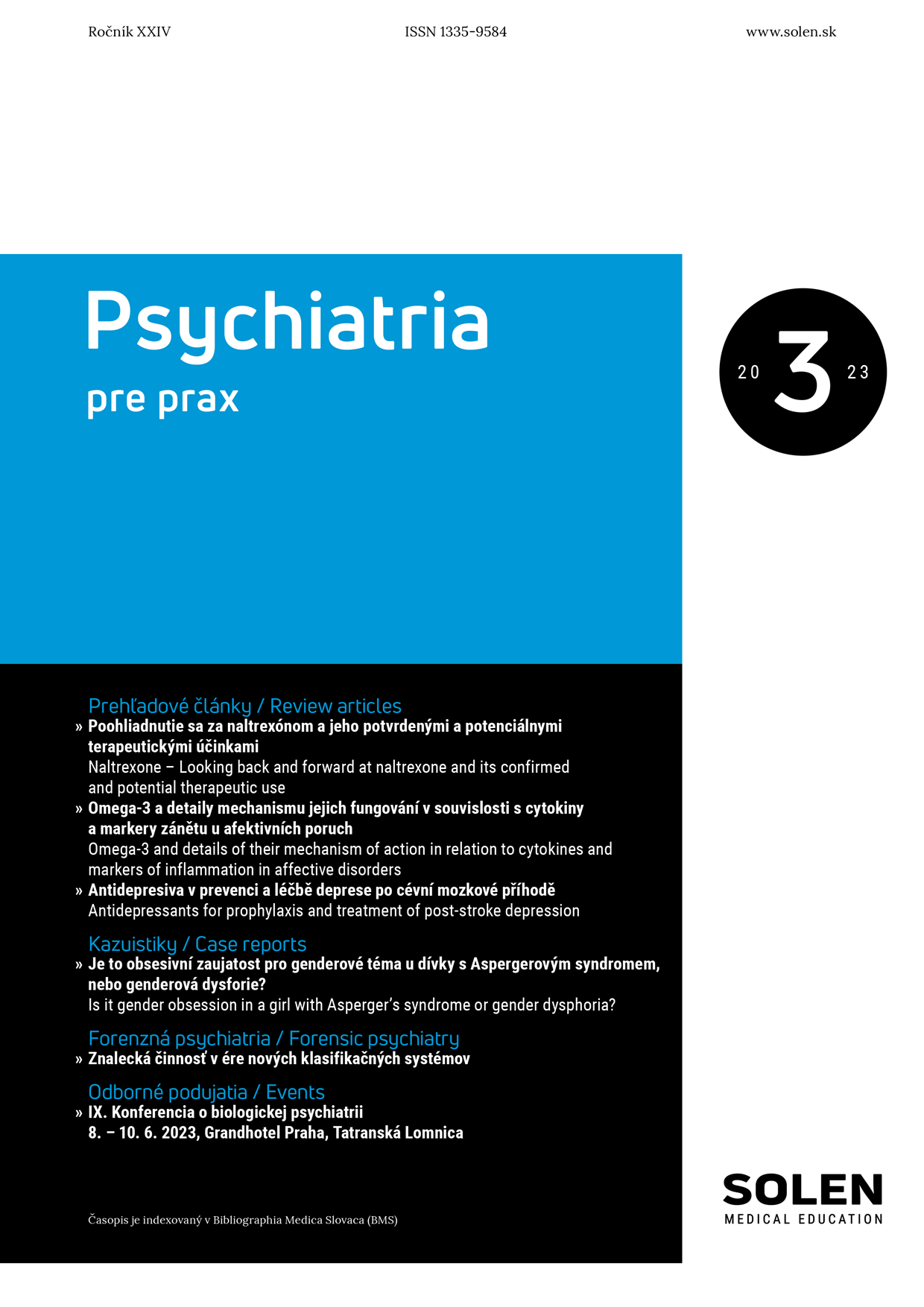
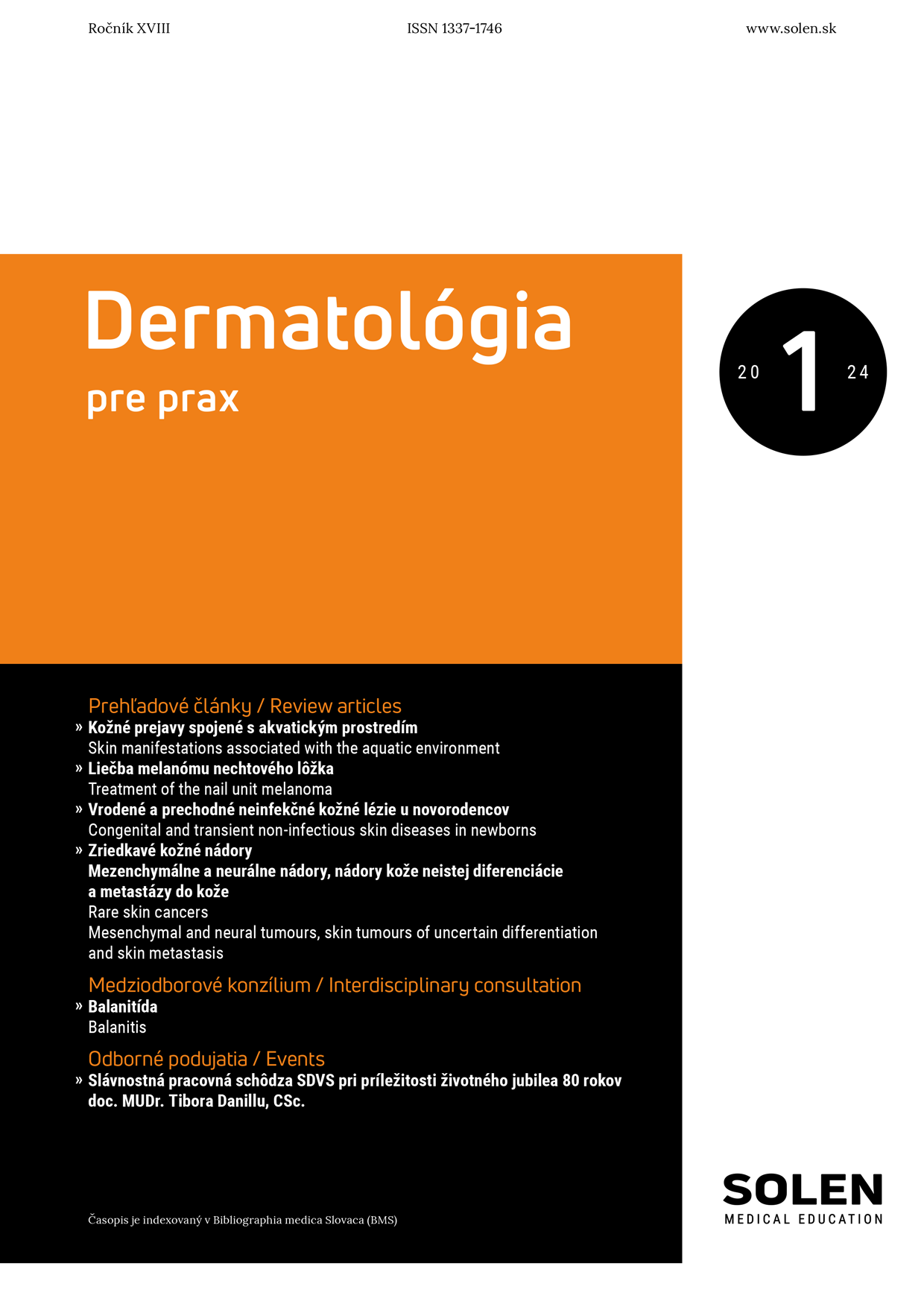
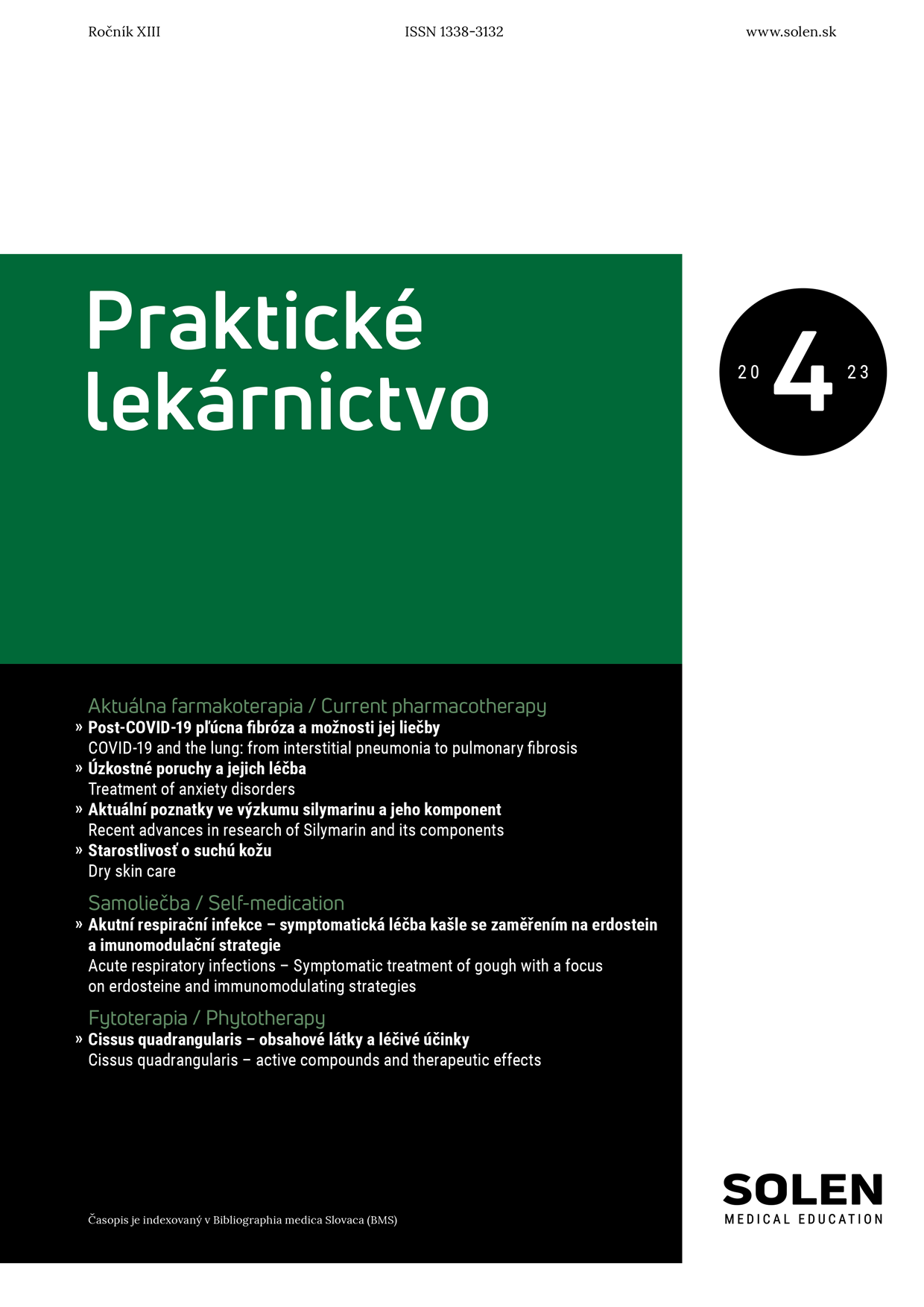
-1.png)
